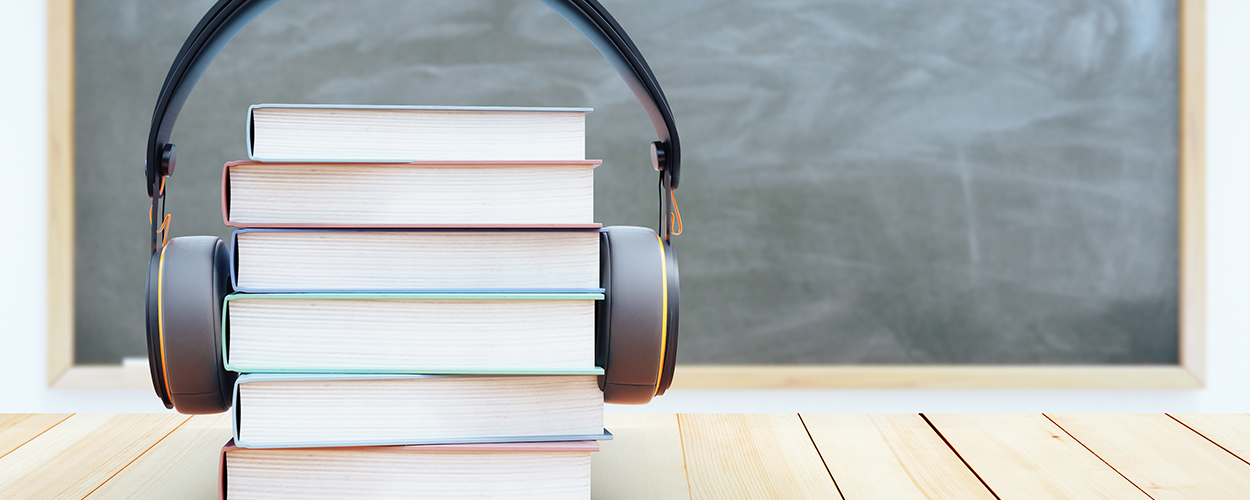This website uses cookies so that we can provide you with the best user experience possible. Cookie information is stored in your browser and performs functions such as recognising you when you return to our website and helping our team to understand which sections of the website you find most interesting and useful.
Business News Education & Events
BPI research finds growing divide in music education between state and private schools
By Andy Malt | Published on Friday 8 March 2019

Record industry trade group BPI has published results of a new survey of teachers in the UK, finding a growing gap in music provision between private and state schools – and between state schools in more affluent and less affluent communities. The trade body has called on government to reverse this trend and ensure that all students have access to music tuition.
In the survey of 2200 teachers, the BPI found that private schools have seen a 7% increase in music provision in the last five years, while state schools have seen a 21% decrease. Meanwhile, around 30% of all state schools have seen a decrease in curriculum time for music or a reduced number of qualified music teachers.
Opportunities to play music are at their lowest at schools in more deprived areas and the survey found that almost 40% of all state-funded secondary schools have no compulsory music lessons in year nine (age 13-14).
Earlier this year the UK government announced plans to develop a new ‘model music curriculum’ for children aged five to fourteen, appointing a panel to oversee that process.
Last week it hired music exam board ABRSM to draft that curriculum, a decision that has proven controversial among some music educators. But the BPI says it welcomes the government’s efforts in this domain, though it has opinions on what the model curriculum and its introduction should involve.
Key aims, says the trade group, should be reversing the trend for reduced music provision in state schools through better funding and making music a core part of education upon which a school’s performance is judged. In recent years music provision has not been part of criteria on which schools are assessed.
With many music lessons being delivered by teachers not trained in the field, the BPI also suggests that non-specialist teachers be involved in devising the new curriculum, in order to ensure that it is easily deliverable for all teachers and all schools.
“People may have different talents and aspirations, but the one thing that gives us all an equal opportunity to fulfil our potential, whatever our background, is education”, says BPI boss Geoff Taylor. “These BPI findings make us profoundly concerned that music education and tuition in state schools is beginning to lag far behind that in the independent sector”.
“This inequality is not just deeply unfair to children in the state sector, it risks depriving our culture of future talents as diverse as Adele, Stormzy and Sheku Kanneh-Mason”, he goes on. “We believe that every child in this country should have the same opportunity to access tuition and to discover and develop their musical talent”.
On the solutions to the current problem, he says: “It is clear that government needs to inject additional funding for musical instrument tuition in state schools and to recognise music as a core component of a child’s education, one which should be reflected in Ofsted’s judgment of a school’s performance. We warmly welcome the proposed new model music curriculum for schools, but it is vital that government ensures that the curriculum also works for the many non-music teachers that take music lessons in primary schools”.
Other music industry organisations like the Musicians’ Union and the Incorporated Society Of Musicians have also undertaken recent research on music education in the UK, raising various concerns about provision and priorities, and the impact that has on which children have access to music teaching and tuition.
The MU also warned of a growing disparity between the musical opportunities for poorer and more affluent children. Because of the aforementioned assessment criteria – which ignores things like music – many schools have cut arts subjects in order to put more money into the core subjects that they are actually assessed on. This has resulted in less focus being put on music in the classroom and fewer children learning to play an instrument.
That said, a recent report from music charity Youth Music found that 67% of children between the ages of seven and seventeen are engaged in some kind of music-making, but not necessarily in a traditional way. And that is more true for children from less wealthy families. Which isn’t to say that music education isn’t under-funded and under-prioritised in English schools, but efforts to boost music education provision may be more effective if they embrace a wider definition of music-making.
“Many young people with limited financial means are experiencing a rich musical childhood”, the charity said. “It just looks different to that of their more affluent peers. It’s more likely to emanate from their home, have a DIY feel to it, and less likely to be taught in a formal way”.
CMU will once again put music education under the spotlight as part of its conference programme at The Great Escape. Taking place on Wednesday 8 May, CMU+TGE: Music Education will review all the recent research and the debate around a model music curriculum, while also mapping the different kinds of music education now available, and considering how the different strands, and the music industry, can better integrate.
Find more information on the day, and get your delegate passes here.





